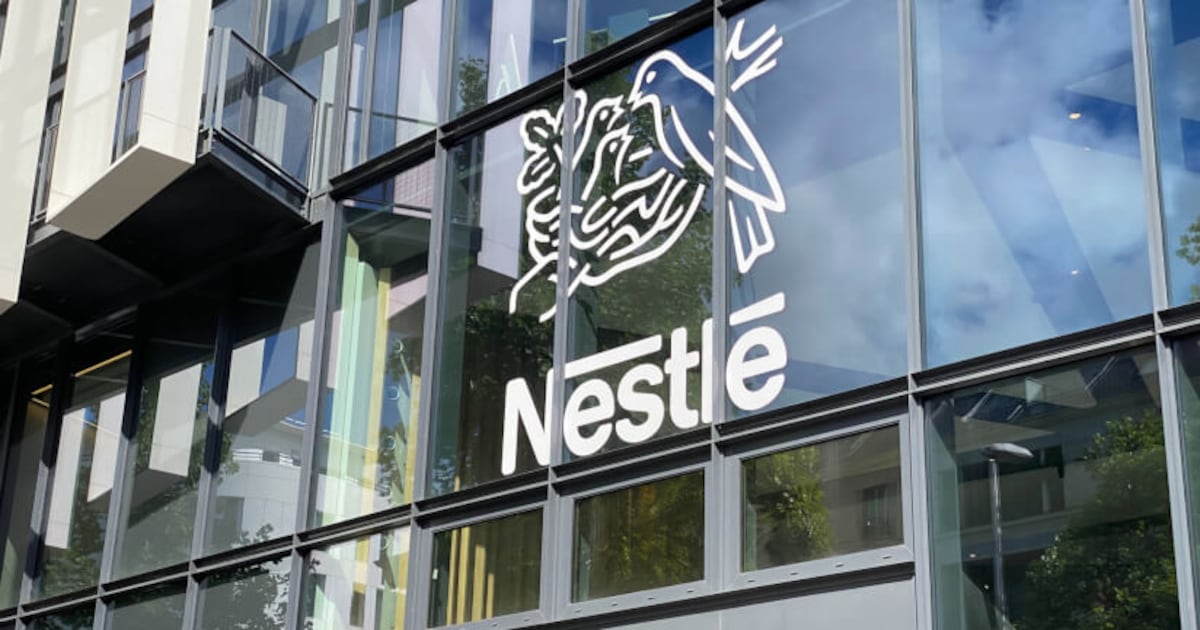In a trading update on Thursday, Nestlé announced that it had launched a strategic review of its VMS assets that fell under the Bountiful deal, including Nature’s Bounty, Osteo Bi-Flex and Puritan’s Pride. The assets were bought in 2021 by former CEO Mark Schneider as part of a series of acquisitions.
The brands fall within Nestlé’s Health Science portfolio, which also holds the Atrium Innovations VMS assets acquired for $2.3 billion in 2017.
According to the Financial Times, Nestlé’s review is linked to current company CEO Laurent Freixe’s efforts to turn around Nestlé’s “sluggish” performance by launching a $2.8 billion cost-cutting effort. The Times said Nestlé would likely focus its vitamin business on global, higher-end products including Garden of Life, Pure Encapsulations and Solgar. Nestlé said those brands highlight “our capabilities in science, innovation and brand-building” to “give us a distinct competitive edge.”
The company added: “Organic growth slowed in Nestlé Health Science, following mixed performance across business segments. In VMS, growth was impacted by the discontinuation of some private label business and weaker performance in our mainstream brands, particularly Puritan’s Pride. In active nutrition, we had strong growth momentum in Orgain. In medical nutrition, solid growth was driven by pediatric products.”
Market share was stable in both VMS and medical nutrition, with losses in active nutrition.
Michael Bush, managing partner at consulting firm GrowthWays Partners, told NutraIngredients that the original acquisition left some scratching their heads and that seeing Nestlé focus on its premium/growth brands makes significantly more sense.
“There appears to be a race to the bottom in the private label and commodity supplement market, so this shift in focus aligns with Nestlé’s emphasis on natural and premium products,” Bush said. “It will be interesting to see which assets are sold off and who will acquire them. It may make sense to split it up, as the potential buyer universe for the brands and private label/manufacturing may be quite different.”
Federal Trade Commission
In 2021, The Grocer reported that Greg Behar, then CEO of Nestlé Health Science, said the Bountiful acquisition complemented its existing health and nutrition portfolio in terms of brands and channels “…offering significant opportunities for geographic growth. Vitamins and supplements are a key part of our business and have contributed to strong growth acceleration.”
Headquartered in Long Island, NY, Bountiful was originally founded as Nature’s Bounty in 1972 but later rebranded. The company’s manufacturing, packing, distribution and warehouse facilities are based throughout the United States, Canada and the United Kingdom. It also maintains several overseas offices.
In 2023, the U.S. Federal Trade Commission filed a complaint against Bountiful, alleging that the company manipulated Amazon.com product pages, misrepresenting reviews, the number of Amazon reviews and the average star ratings of some products and that some of these products were No.1 best sellers or had earned an Amazon Choice badge.
According to the FTC, “the case against Bountiful marked the [organization’s] first law enforcement challenging ‘review hijacking,’ in which a marketer steals or repurposes reviews of another product.”
Bountiful was required to pay $600,000 as monetary relief for consumers. The final FTC order prohibited Bountiful from making similar types of misrepresentations. The company is barred from using deceptive review tactics that distort what consumers think about its products or services.
